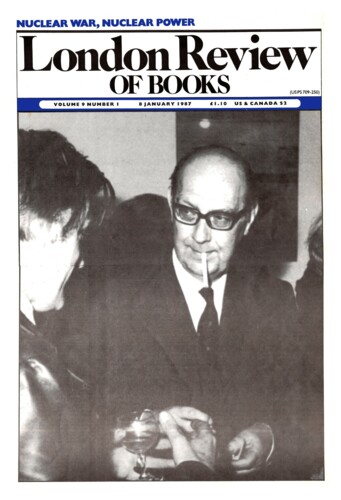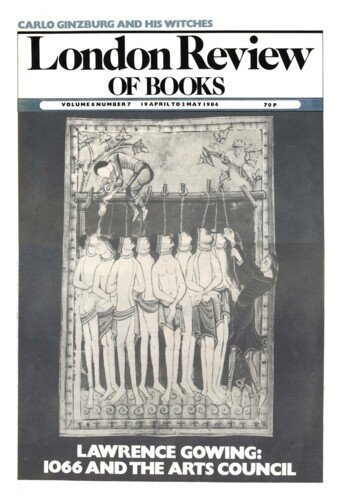German Scientist
M.F. Perutz, 8 January 1987
The dilemmas referred to in the title of this book were those faced by a leading German scientist who believed in his country right or wrong even when that country became the embodiment of evil. Max Planck is famous to this day for his introduction of the quantum theory. He was born in 1858 in Kiel, which was then part of Denmark. One of his formative memories was the triumphant entry in 1864 of Bismarck’s Prussian troops, which recovered the province of Schleswig-Holstein and united it with Prussia. His elder brother’s death in the Franco-Prussian War of 1870/71 ‘made him feel at one with the heroes who sealed their true love for the fatherland with their own blood’. They were noble sentiments in those days. At school in Munich – his father was a professor of law at the University – he nearly always earned the annual prize for religion and good behaviour. His teachers described him as conscientious, open, cheerful, gifted in all subjects, especially mathematics, yet modest and popular with his classmates. He was also intensely musical and had absolute pitch. He wondered whether to study Classics, music or physics and finally opted for the latter, even though a leading physicist advised him that there was nothing significant left to be discovered in that subject. Planck found nothing to rebel against until he was over forty when the dogged pursuit of a vital physical problem led him, almost against his will, to make a revolutionary discovery.’




